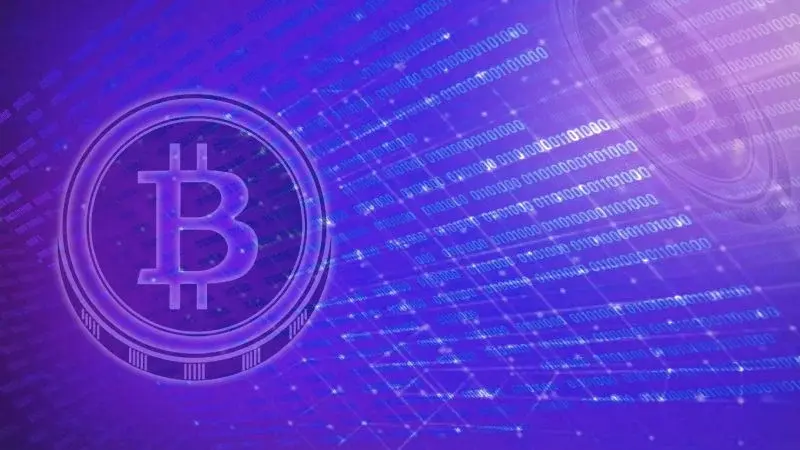
The Future of Money in a Digitalizing World
The Future of Money in a Digitalizing World
While the central banks of many countries have carried out various studies on CBDCs (Central Bank Digital Money), the Bank for International Settlements (BIS) and 7 Central Banks have published a new report on CBDCs. The BIS, which issued a joint statement with the Central Banks of Canada, the United Kingdom, Japan, Europe, Sweden, Switzerland and the Fed, set important criteria for CBDCs. The report outlined the key features and feasibility studies of CBDCs.
Central Banks and BIS, CBDCs have highlighted the 3 most important principles;
- Working together with cash and other forms of money in a flexible and innovative way
- To move towards a broader policy objective without harming monetary and financial stability.
- Features support efficiency and innovation.
Sir Jon Cunliffe, Deputy Governor of the Bank of England, said the report was a major step towards identifying common principles and key features in the CBDC work of Central Banks and that a report of this nature was needed for a CBDC system that could work well. Stating that this report provides a framework to help central banks with their public policy goals as well as how central banks should provide money and support payment systems in a rapidly digitalizing world, Cunliffe said that the group of central banks has established a strong international consensus and that this union will be a guide for each study on CBDC and the design of CBDC.
Based on these principles, the group has specified what the key characteristics of CBDCs should be;
- To be strong and secure enough to maintain operational integrity.
- Delivery to the end user free of charge or in a convenient and convenient form at very low fees.
- It is supported by a clear legal framework and the necessary standards.
- Be suitable to promote competition and innovation in the private sector.
Benoît Cœuré, Head of the BIS Innovation Center, said that these principles will help create a more resilient, efficient, inclusive and innovative payment system design. In addition, although it is known that a single formation will not fit every situation, this report is a good starting point for further developments.
However, the group said that in order to develop CBDCs and conduct a practical political analysis, it is necessary to commit to practical technical experiments, and while these studies have already begun, it has prioritized the acceleration of technology developments related to payment systems and money through joint efforts. In addition, European Central Bank President Christine Lagarde, who made statements on the subject, used the following statements; “As technology changes our payment habits, the job of central banks is to maintain people’s trust in our money. Central banks should complement their local efforts in close cooperation, guiding CBDC work in a way that identifies reliable principles and encourages innovation. The published report is a convincing proof of this international cooperation.”
As stated by European Central Bank President Lagarde, in this rapidly digitalizing world, we see that payment systems and the integration of money into the digital system have been made a priority by many central banks and international organizations in the world. Although CBDCs are not included in the crypto money status, it is estimated that digital assets will be positively affected by these developments. In addition, South Korea’s recent statements that the pilot program will enter the final stage in 2021, Japan’s CBDC studies will start in 2021 and the OECD’s statement that it will hold a meeting with G20 countries for crypto money taxation show that money will go a long way on the way to digitalization in the coming periods.